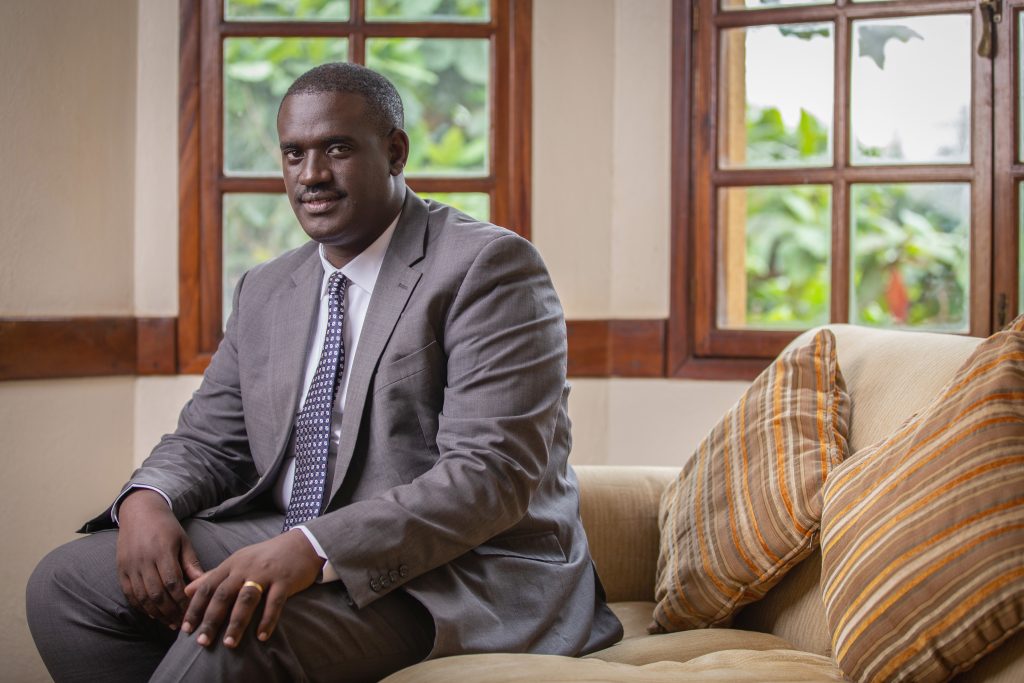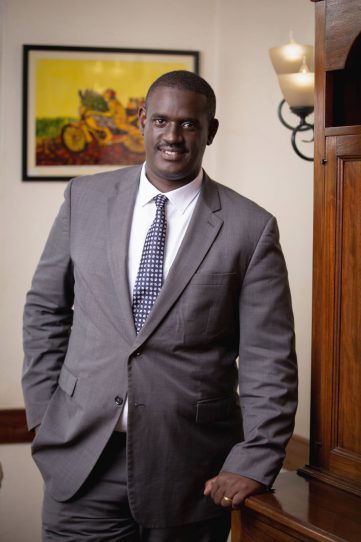While Uganda is a landlocked country, it is one of the fastest-growing economies in the East African region and we are rich in natural resources, including oil and gas. In recent years, we have made significant progress in the development of our oil and gas sector, with a number of major projects underway. One of these is the East Africa Crude Oil Pipeline (EACOP), which is set to connect the Ugandan oil fields to the Tanzanian port of Tanga.
As is widely known EACOP is a 1,443 km crude oil export pipeline that will run from Hoima in Western Uganda to Tanga Port in Tanzania. The pipeline will transport crude oil from Uganda’s oil fields in Lake Albert to the international market, enabling us to increase our export earnings and create new economic opportunities.
Oil pipelines worldwide are a crucial part of the oil and gas industry, providing a secure and efficient means of transporting crude oil from production areas to refineries and other markets. Pipelines have the advantage of being less expensive and more environmentally friendly than other transportation methods such as trucking or shipping.
The pipeline will boost Uganda’s economy and provide new opportunities for our people. The project must have social acceptability within the local communities; it needs a social license to operate. Over the last few weeks, EACOP has exhibited that it does indeed have a social license. We have seen assurances that the benefits of the project are shared with the communities along the pipeline route.
In Kakumiro, EACOP announced that it has, completed the acquisition of the first of the four areas required for construction support for the development of the EACOP project in Uganda. Prior to the acquisition, agreements were signed with Project Affected Persons (PAPs) who have been fully compensated. These PAPs, along with their respective spouses, have signed their compensation agreements, received and served the required three months’ notice to vacate their land. Prior to the expiry of the notice to vacate this land, they were able to harvest all crops on the land. Moreover, these PAPs have been provided with both transitional food support and access to livelihood restoration programs. As per good international practice, both legal advice and a grievance mechanism are available to the PAPs (and civil society) to address any issues that might arise.
Other local content commitments include using local goods and services, providing training and employment opportunities, and supporting local businesses. EACOP will also work with local communities to identify and address any potential social and environmental impacts, and provide support to mitigate these impacts. These commitments will help to ensure that the EACOP project contributes to the sustainable development of the local communities and supports the country’s economic growth. Much work still needs to be done in the area of local content though. We need to see more contracts with fair contract terms going to indigenous companies. Business, including small businesses, should be participants in these projects and not mere observers.
Uganda and Tanzania will receive significant revenue from the EACOP project, which can be used to fund infrastructure projects, improve education and healthcare, and support economic development; in Uganda the public finance law establishes a Petroleum fund that should not be used to fund recurrent government expenditure. These revenue streams will provide a stable source of income for the governments and help to ensure that the benefits of the oil sector are shared with each country as a whole.
The EACOP project will support the government’s wider efforts to develop the oil and gas sector. This will aid in building the capacity of local firms and institutions, attract new investment, and support the creation of new jobs. Government revenue from taxes and royalties will contribute to the resources needed to support these efforts, ensuring that the oil sector contributes to sustainable economic growth.
Furthermore, contrary to slacktivist propaganda, the EACOP project represents a significant opportunity for Uganda and Tanzania to address the challenge of climate change. The governments will be able to use the revenue from taxes and royalties to support the development of renewable energy sources, reduce greenhouse gas emissions, and promote energy efficiency. This will help to ensure that the countries’ energy sectors are more sustainable and that the benefits of the EACOP project are shared with future generations.
The oil project will increase economic growth, improve energy security, reduce the impact on the environment, and enhance regional integration. It is both a significant tax payer and overall wise investment in our future.



